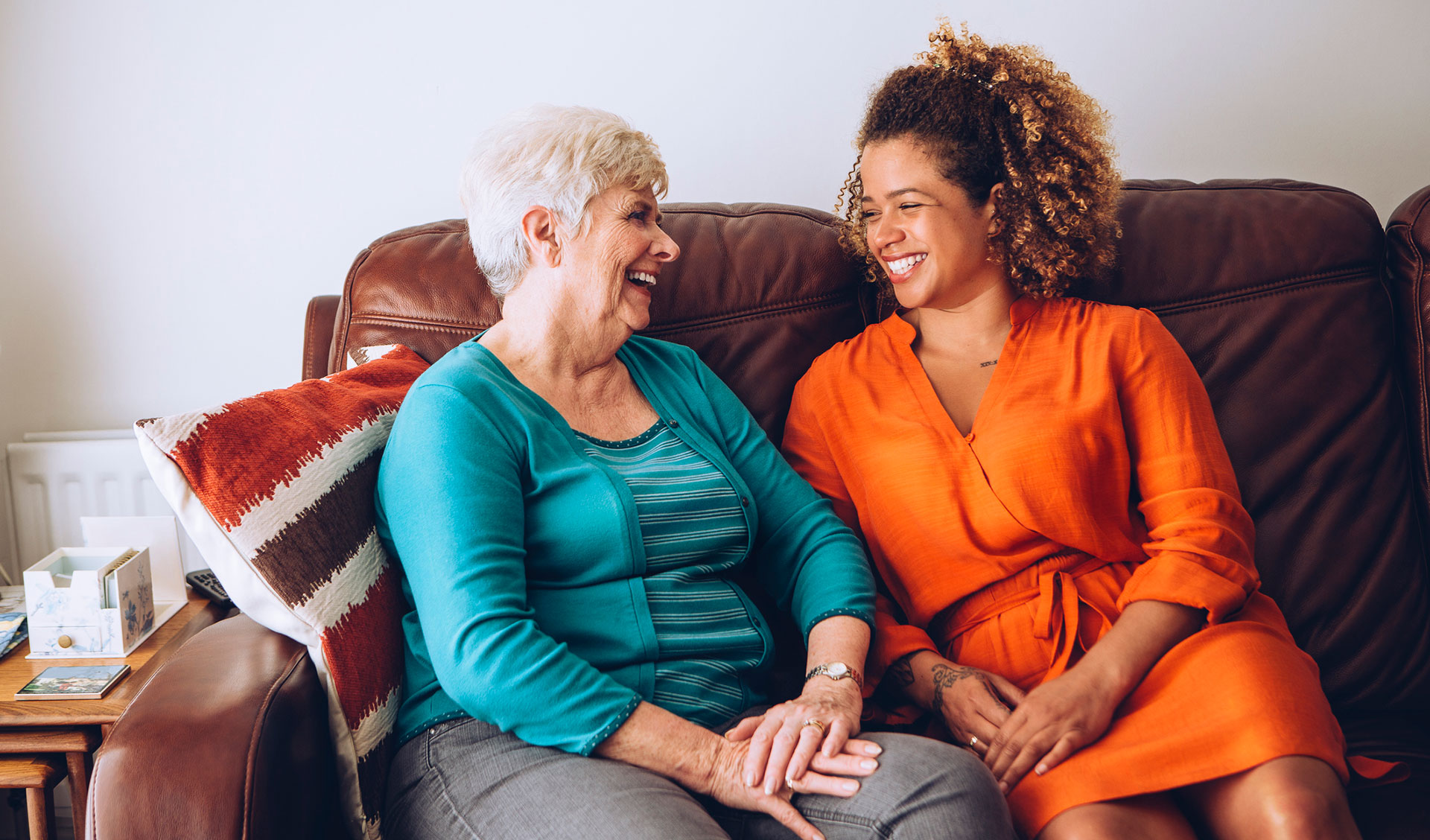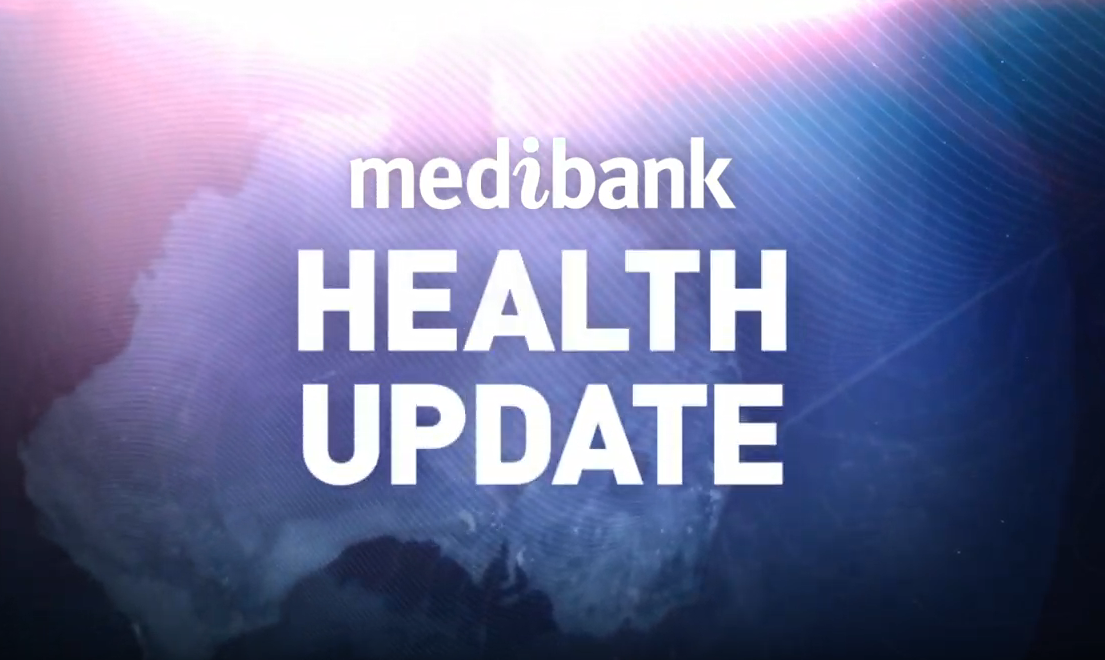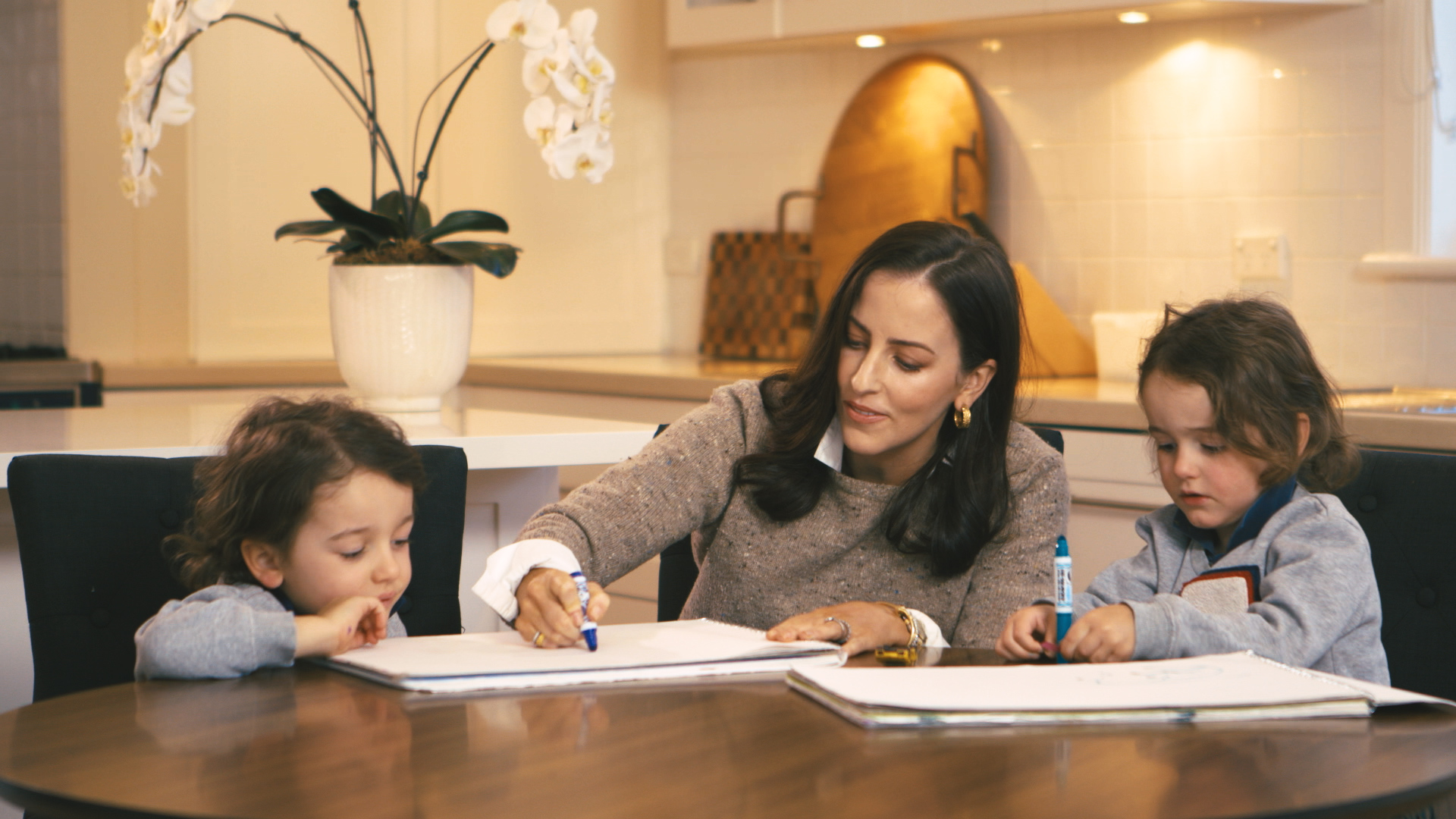-
Humans are social creatures. We’re designed to crave touch, face-to-face interaction, and a sense of connection and belonging. Feeling like we’re part of a group, and have people we can really talk to, is important for our emotional wellbeing.
So what happens when you feel you’re not getting enough meaningful connection in your life?
Loneliness is more than just an ache of sadness. Studies suggest it can have a real impact on our physical and mental health. It’s a major risk factor for depression, and can contribute to anxiety about social interaction – both of which can then increase your feeling of loneliness, creating a difficult loop.
Watch the Medibank Health Update
Is loneliness impacting your wellbeing?

-
If you’re feeling lonely, you’re definitely not the only one. 1 in 4 Australian adults report feeling lonely, according to The Australian Loneliness Report. Based on a national survey of Australian adults and produced by the Australian Psychological Society and Swinburne University in 2018, this is the most comprehensive report on loneliness in Australia.
One in two Australians report sometimes or always feeling alone. Nearly 55% feel they lack companionship at least sometimes, and close to 30% rarely or never feel part of a group of friends.
But loneliness doesn’t necessarily mean being alone. Just as you can feel perfectly content in your own company, you can feel lonely even if you’re surrounded by people.
“We want to bust the myth of the lonely person with no friends – loneliness can impact anyone, even those with lots of friends and family,” says Dr Lyn Roberts AO, VicHealth Principal Advisor.
It’s the quality of relationships that makes us feel connected, rather than the number of social connections, research shows. In our hyper-connected and digital-driven lives, this is particularly relevant. More Instagram followers and Facebook friends are unlikely to give us the real connection we crave. We need meaningful, human interactions.
So what can you do to overcome loneliness? Often it can feel that the circumstances at the root of your loneliness are out of your control. But that doesn’t mean you’re doomed to feel this way.
“There are things you can do to increase your social connections, even if you don’t have family or friends you can turn to,” Dr Roberts says. “Try volunteering or joining a sports club to increase your connection to your community and to feel less isolated.”
MORE: Who’s most at risk of loneliness?
Tips for reducing loneliness
If you’re feeling lonely, speak to your health professional and remember that help is always available. Here are a few things you can try to increase your feeling of social connection.
Schedule regular contact with others. If you do have family or friends in your life who you could feel more connected to, make it a priority to reach out regularly and stay in contact. If you live far away, technology like Skype can help you keep in touch.
Reach out to old friends. It’s natural to lose touch with people over the years. Why not try reconnecting? You might be surprised how easy it is to revive some old relationships.
Enjoy connection with acquaintances. Take the time to smile and enjoy small talk with those people you come across in your daily life – whether it’s a work colleague, a neighbour or the man who works at the coffee shop. Just a few minutes of friendly chatting can help lift your mood.
Explore your hobbies. Take a class and learn something new, or join a local interest group. You’ll be around people with similar interests to you, and you might just make some new friends.
Get active. Exercise classes, sports teams and community fitness events are excellent ways to connect with new people. And as a bonus, getting active can help boost your mood and confidence. Check out Medibank Free + Active to find fun, free and social fitness events near you, from yoga classes to running.
Volunteer. Getting involved in a good cause can help you feel like part of the community, and you’re likely to meet some great people.
Connect online. Although real-life interaction is important, the internet and social media can be great tools for helping you connect with people who share your interests, and for keeping in touch with friends and family who you can’t always see in person.
Consider getting a pet. Spending time with an animal has been shown to reduce loneliness and improve your mental wellbeing. If you can manage the responsibility of caring for a pet, it’s well worth thinking about.
Seek help for mental health issues. Depression and anxiety can be big barriers to socialising and feeling connected. If you think mental health issues might be contributing to your loneliness, it’s important to seek treatment. Talk to your GP, who can refer you to get further treatment if needed.
Learn more about the health impact of loneliness and how to overcome it at VicHealth.
-
Can a little self-care be better for the whole family?
New data reveals the benefits of ‘self-care’
-
Anxious Australia: mental health conditions continue to increase
More than a quarter of young Aussies now living with anxiety
-
What is the ideal weight gain during pregnancy?
Weight gain is a natural and healthy part of pregnancy – but research shows 3 in 4 women are gaining too much or too little. Here’s what you need to know.
-
How can you reduce your risk of dementia?
New research suggests the lifestyle risk factors for dementia may be different for men and women.
-
Is low back pain holding you back?
Research shows active recovery can help you find relief.
Subscribe to receive the best from Live Better every week. Healthy recipes, exercise tips and activities, offers and promotions – everything to help you eat, move and feel better.
By clicking sign up I understand and agree to Medibank's privacy policy







